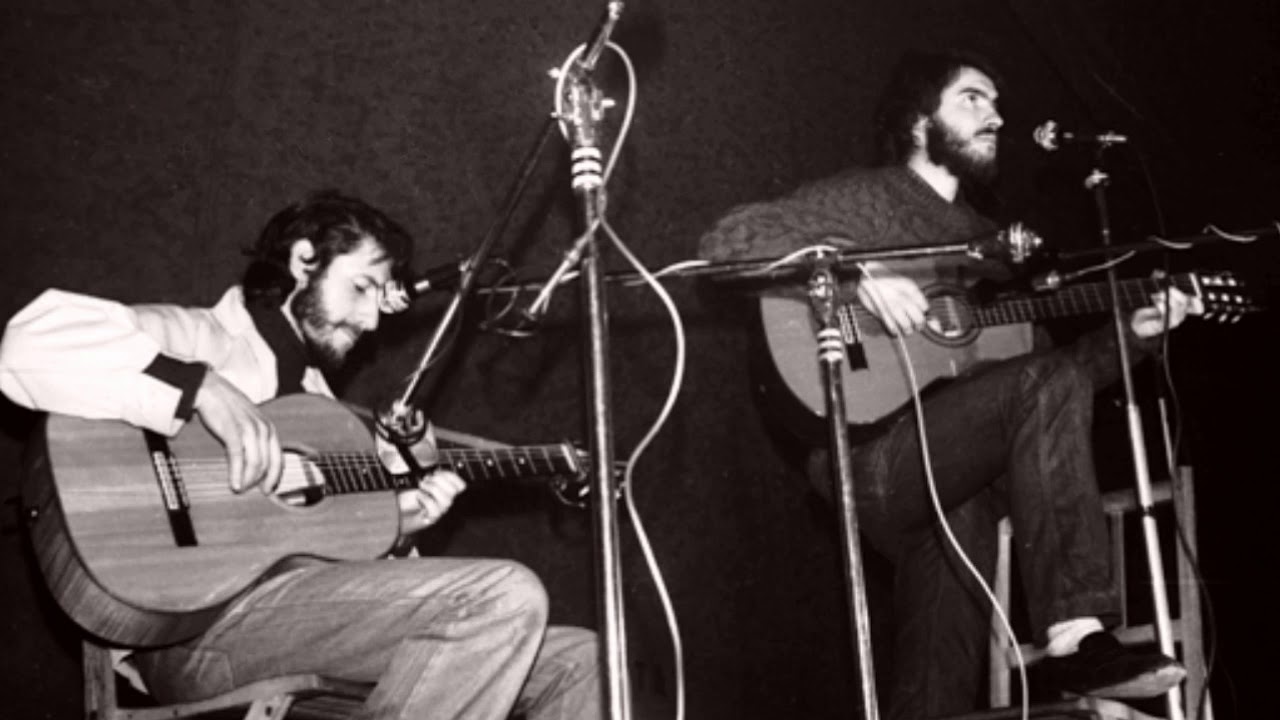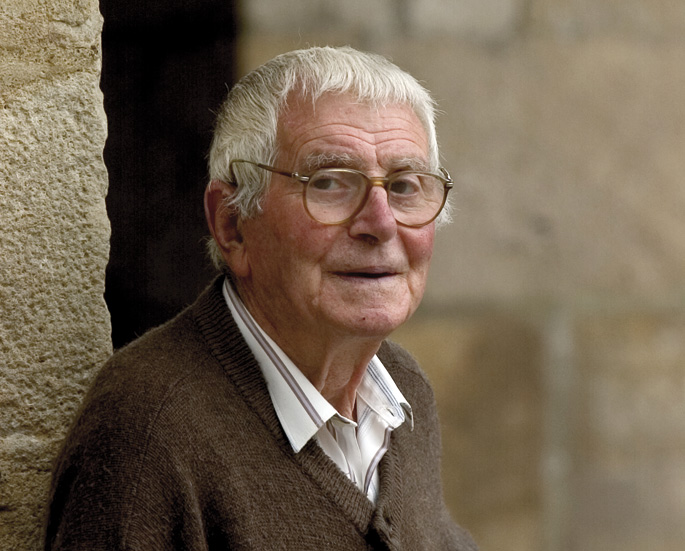
- The song Bagare was created in December 1974 by the zeanuri Gontzal Mendibil and Bittor Kapanaga in their home town of Olaeta (Aramaio). Later it became a hymn by the Basque Country and Basque identity.

"Bittor Kapanaga was a wise man, thinker, philosopher, translator and researcher of the Basque Country; Sarrionandia, the bertsolaris, Amuriza and I called him the Basque Sokrates," said Gontzal Mendibil, interviewed in Andrés Portero, journalist of Deia. "I met him at the Santamaña (Otxandio) festivities in 1974. It was from there. He came up to me and asked me who was writing the lyrics to the songs. He proposed to do something like Xeberri or Hertzainak for the group.
Since then, Mendibil has remained in Kapanaga's dwarf on several occasions, and one of these meetings emerged 'Bagare', "starting from our struggle for freedom and Euskera", according to Mendibil. "Bittor always said that if the Basque Country survived in Álava, it would survive forever. Moreover, at that time it was not a territory that was not nationalistic. Let us therefore see how the situation has changed. I remember that day the lamb was born and we started talking about life. At two minutes the animal was already standing, when the man needs a year of life. We started talking about it, about nature, about the dialects... and the song came out 'In Araba bagare, Gipuzkun bagera, Xiberun bagire and in Bizkaia bagara... we are all Euskaldunes'. It was at night, I had the guitar ...
Mendibil doesn't remember when he first sang that piece in public. "I remember a massive performance we did in Mairuelegorreta schools. They also sang Laboa, Lertxundi and Lete. People sang the song [Bagare], they felt it like a hymn, although it wasn't recorded yet. It was recorded in 1975 by Mendibil, along with Xeberri and other musicians, for the album Zauriei dario.
"It was the end of Franco," says Mendibil, in reference to the 1974 one. "The song talked about our identity, in Basque, of the freedom of the Basque Country. At that time we gave many concerts, although I was not yet with Xeberri. At Otxandio, I played alone, so I remember it. At that time we wanted to create a kind of Ez Dok Amairu in Bizkaia to give a boost to the Basque song."
Bittor Kapanaga: "The Gipuzkoan was the language of God, and the language of God is always sacred"
The writer and Euskaltzale Bittor Kapanaga Elorza died in 2011 after receiving several awards at the Academy of Language. In 2005, ARGIA (in the 2008 issue) published an interview on the reality of the Basque dialects. Kapanaga reported that in an assembly in Baiona he proposed "gare" as a verbal form for the sum. "Gabriel Aresti and I voted yes, but everyone else voted no. You know, the Gipuzkoan was the language of God, and the language of God is always sacred. The gods are created, and if they are not created, they are created. Here too have been the false Gods, and one, to put it bluntly, was Mitxelena. I didn't know the Basque well: I loved the Latin and I lived the Latin".
